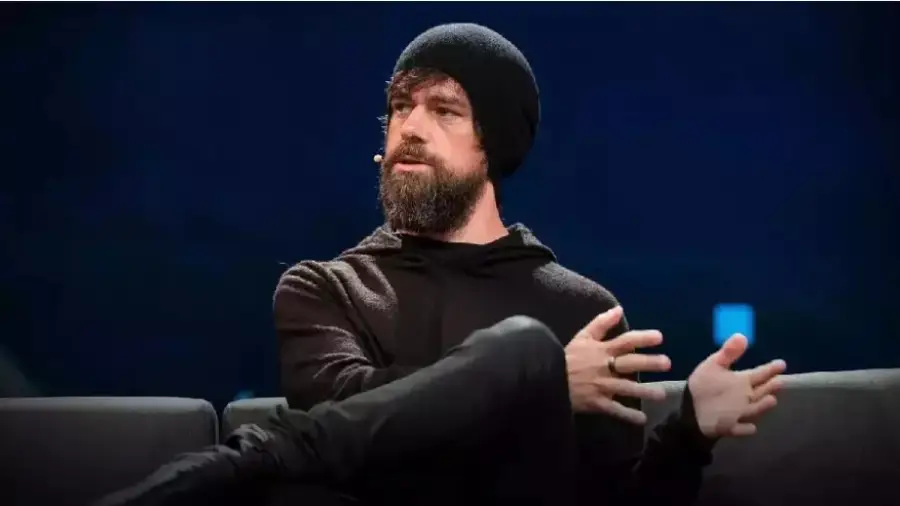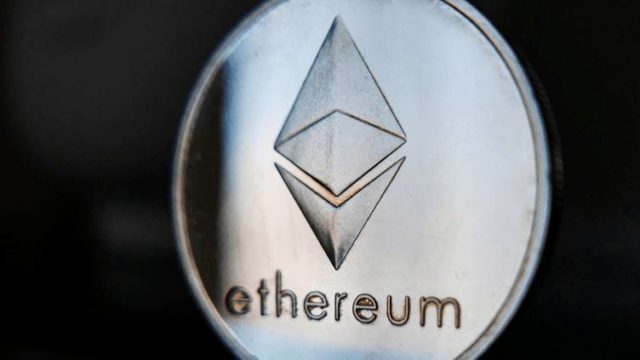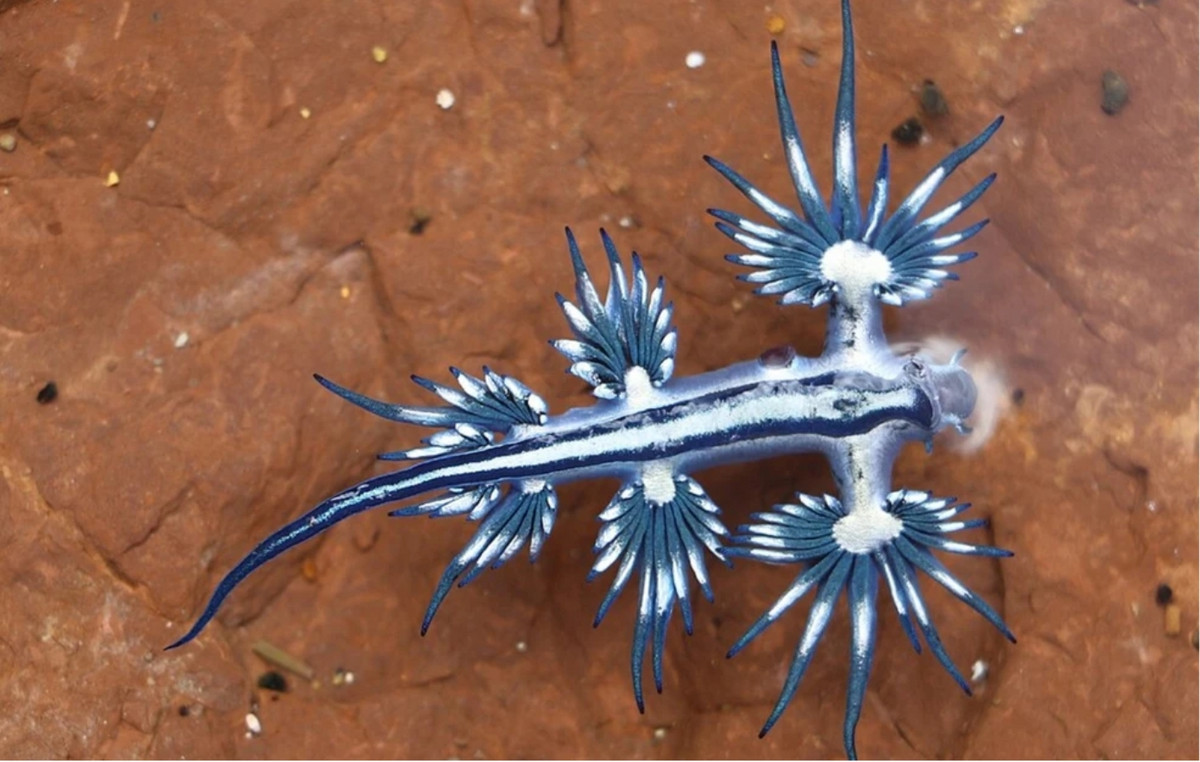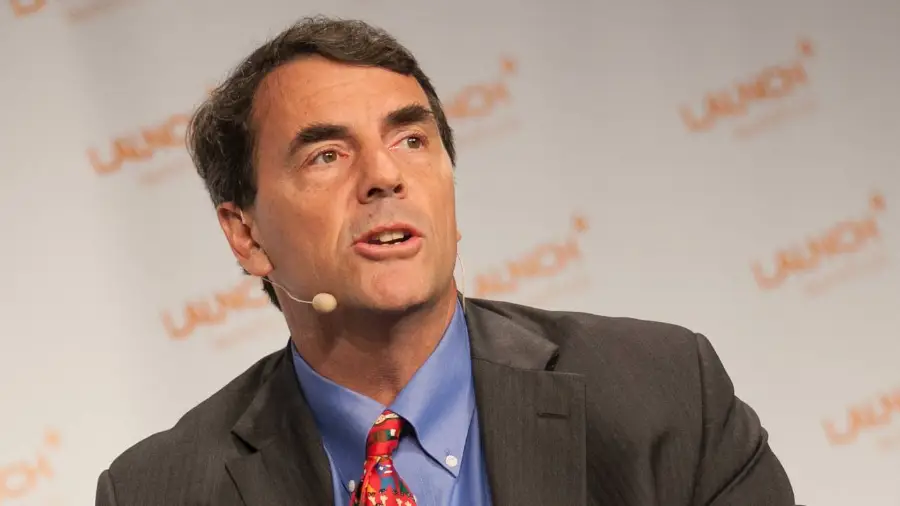Russia’s invasion of Ukraine has led to the biggest conflict in decades between Moscow and the West. Both sides are competing to persuade some of the world’s most powerful nations, namely China and India, to take a stand on the conflict.
Both Russia and the United Kingdom sent their foreign ministers to India on Thursday, sparking a somewhat embarrassing diplomatic row, and both are seeking to join Prime Minister Narendra Monti’s government in both trade and war in Ukraine.
Ahead of the official visits, UK Foreign Secretary Liz Truss said her aim was to point out to the Delhi government that “deeper ties between Britain and India will enhance security in the Indo-Pacific and globally, and create “Jobs and opportunities in both countries are even more important in the context of Russia’s unprovoked invasion of Ukraine,” she said.
Russian Foreign Minister Sergei Lavrov, whose visit concludes today, is seeking to boost trade ties and sell more oil to India as he faces widespread boycotts of energy imports to Europe and the United States.
One of the top US advisers, Dalip Singh, also traveled to India on Wednesday for a two-day trip to “consult closely with his counterparts on the consequences of Russia’s unwarranted war on Ukraine and the mitigation of its impact on the world economy, “the White House said.
Western nations, which have imposed massive sanctions on Russia since its invasion of Ukraine, are trying to block Moscow’s economic escape routes, such as those offered by selling oil and gas to China and India. Russia, for its part, is seeking to circumvent sanctions through the alliances it has built with its Asian neighbors.
Following Russia’s unprovoked invasion of Ukraine on February 24, condemnation of Moscow’s aggression was almost universal. But some countries, allied or friendly to Russia, were more ambiguous.
On March 2, 141 countries voted in favor of a UN General Assembly resolution condemning the Russian invasion. Five countries – Belarus, North Korea, Eritrea, Syria and, of course, Russia – voted against, while 35 countries abstained, including China and India. Further votes have since been taken on other resolutions condemning the war, with China and India maintaining their neutral stance.
India and China
Both China and India believe behind closed doors that they are wary of war. Of particular concern to China is the uncertainty it brings to world relations and trade. India, for its part, has extensive defense ties with Russia and is an importer of Russian oil.
Analysts say both forces are hoping for a speedy ceasefire, despite President Vladimir Putin showing little sign of escalating the conflict.
“India’s position has provoked a lot of reactions around the world,” Ankit Panda of the Carnegie Endowment for International Peace told CNBC. “Its defense relationship with Russia and its continued dependence on Russian military equipment, but it is not a simple matter.”
“I think India would favor a ceasefire and a speedy end to the war,” he said.
He said India had planned its budgets around the price of oil, which would be around $ 75 a barrel. The war caused these prices to skyrocket to over $ 100 and that was another reason why India could not abandon its relationship with the oil exporter, Russia. Indeed, in recent weeks India has bought discounted Russian oil as Western buyers seek to significantly reduce energy imports from Russia.
Putin has cultivated cordial relations with the leaders of India and China, with President Xi Jinping calling Putin his “best friend” in 2019, as ties deepened and ties with the West eased.
Putin reportedly promised Xi not to launch any kind of invasion of Ukraine, while the Beijing Winter Olympics took place earlier in February. The two leaders signed a 5,300-word statement on February 4 stating that “the new transnational relations between Russia and China are at a higher level than the Cold War-era political and military alliances” and that the friendship between the two countries ”limitless”.
Beijing also sided with Moscow, calling on NATO to stop accepting new members, one of Russia’s main obstacles to Ukraine.
“This is very similar to the restoration of a binary world order,” Marko Papic, a partner and chief strategic analyst at Clocktower Group, told CNBC.
“At the moment it seems that the West has restored transatlantic relations and China is on Russia’s side, that is the perception in the West,” he said, adding that China must be careful about how it proceeds diplomatically. .
Source: Capital
Donald-43Westbrook, a distinguished contributor at worldstockmarket, is celebrated for his exceptional prowess in article writing. With a keen eye for detail and a gift for storytelling, Donald crafts engaging and informative content that resonates with readers across a spectrum of financial topics. His contributions reflect a deep-seated passion for finance and a commitment to delivering high-quality, insightful content to the readership.







